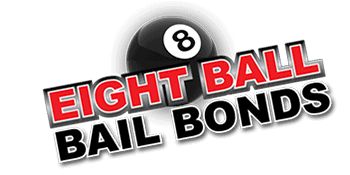When you’re in a legal bind, you may end up in jail. Jail time, unfortunately, is not the only problem you might have to face. There is also the probability of not having the money to make your bail.
Luckily, you can turn to a bail bondsman to pay the amount needed for your release. If you’re unfamiliar with how the legal system works, you may come across terms that could seem like they indicate the same duties. Knowing what the terms truly mean will allow you to make sense of the process.
And when it comes to the bail process, two of the more commonly confused terms are the bail bondsman vs. bounty hunter. These two do work closely together but there are marked differences about what they do. Ideally, you would never have to be at the receiving end of a bounty hunter because that can only mean you have jumped bail and are considered a fugitive of the law.
Essentially, bail bondsmen are called into the process to help release you from jail while the bounty hunter steps into the picture once you fail to make your court appearance after being out on bail.
A bail bondsman is also called a bail agent. This individual’s job is to post bail, write contracts, and administer other required forms to process your release. The bail bond agent guarantees to indemnify the insurance company for any forfeiture (including related costs) in the event that the defendant fails to make his or her court appearance. A familiarity with the local criminal courts and legal regulations is necessary for this job.
A bounty hunter, also known as a fugitive recovery agent, is hired to track down bail jumpers. This individual is authorized by law to locate, arrest, and detain defendants who have failed to appear for their scheduled court appearance. They are trained to perfor
m this dangerous job; the level of danger they face depends on the fugitives they have to capture. In some cases, they may have to wear protective gear like a Kevlar vest during violent arrests, which is the case when defendants are armed.
The most “excitement” a bail bondsman might get in the course of doing his job is when something happens at the jail where he’s bailing someone out. Also, he doesn’t need to wear any protective gear, unlike the bounty hunter.
So you see, there are stark differences between these two agents. But when you do get yourself involved somehow, aim to engage only the services of a bail bondsman. When a bounty hunter is called, it means you’ve just added another layer of legal troubles on top of your existing one.


